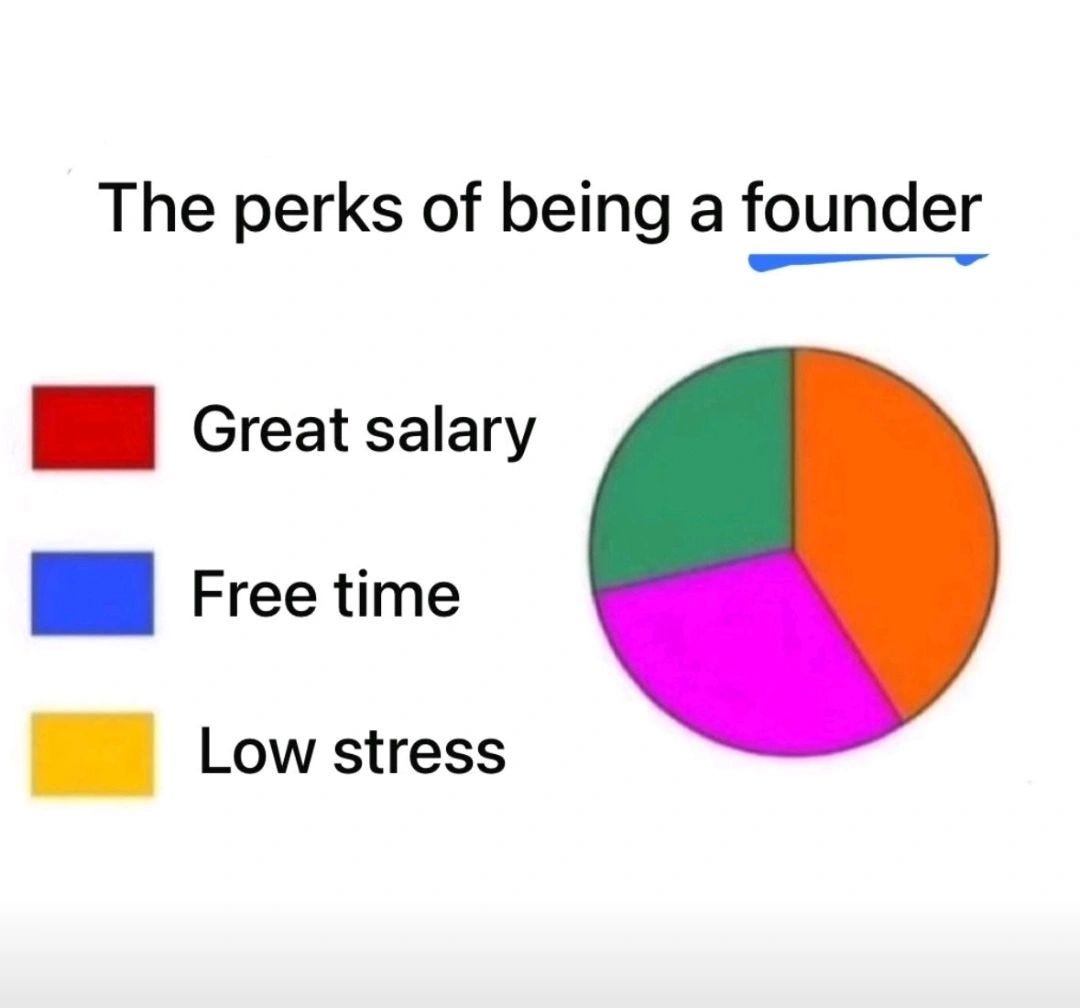Hi 👋 It’s Dmitri, and welcome to Point-Blank, my weekly collection of practical views on startup operations. Join other founders and operators by subscribing
Now, let's get to the point.
3 Rules for Hiring the Right Teammate
Building early-stage teams is tough. You know that. Here are 3 harsh but useful rules to follow when hiring:
No one cares about your company and your product more than you do. No one. As a result, that intrinsic motivation to get things done isn't there, and it's up to you, the founder, to motivate your team differently than yourself.
Hire for attitude, work ethic, and highly relevant experience. "Highly relevant,” of course, means from companies that are comparable to your stage and growth trajectory. These will be invaluable individual contributors to your team. And it is always a mistake to give credence to titles at large companies (FAANG, anyone?)
Say directly and precisely what you are looking for when hiring. There is every reason to insist on honesty about the team's needs and to be ruthless in choosing the right person to join. Playing the game of "big corporate” culture and hiring practices is not for early-stage startups.
Advisory Warning
Here's advice: ignore all advice. Wait, what?
Yep. Founders and their teams are best served to recognize at the outset the survivorship bias in nearly all content produced to help early-stage startups navigate their 0→1 years (including mine). Just as WWII engineers initially armored the wrong parts of planes after analyzing bullet-ridden planes that returned while ignoring those that crashed, founders should take a similar view.
This survivorship bias actually skews the lessons we learn, as it omits failures that offer valuable insights. Business advice all too often misleads us by spotlighting successes and ignoring the silent majority of failures.
Ultimately, recognizing this bias can help you critically evaluate business advice, focusing on thought-provoking insights rather than prescriptive solutions.
Founder Focus
This "Founder Mode” thing is too complex. The reality is simple: the job of a founder (along with co-founders) is to do all the things — especially the crap no one else wants to do. There is no one else doing it. All the crappy, boring, dead-end, and uncomfortable things that simply must be done. No one will notice or recognize it because it isn't a launch of a new version of the product or a partnership announcement. And that's OK because founders do all those things not for the glamour or recognition but because they have so much skin in the game (as per Nassim Taleb).
If you're a founder of an early-stage startup and could use some hands-on help (including the crappy stuff), find me at PreScaled.com or reply to this Point-Blank. I might be able to change the structure of that chart.
Thank you for reading Point-Blank. I hope you found it valuable.
Point-Blank is free, so the best way to say thanks is to share it with your social following or forward it to a pal. It only takes 16 seconds. Making this one took 11,696 seconds. And if you are a new round here, join!
Until next week, stay on point!
- Dmitri
LinkedIn | X@Hey_Dmitri | PreScaled.com
P.S. I genuinely want to get to know my readers. So, please let me know what you think about Point-Blank. I'd be grateful for any type of feedback (just hit reply or comment), and I promise to respond.






